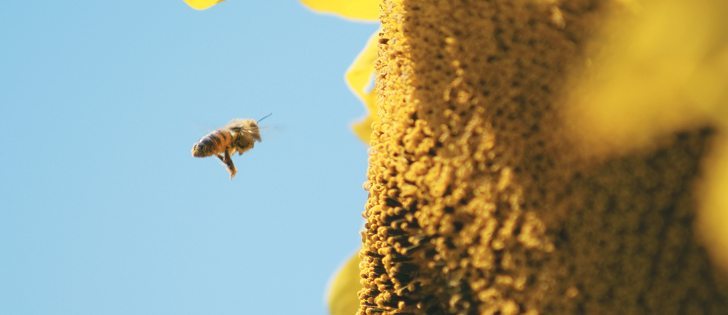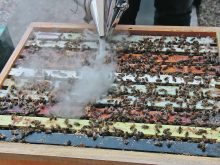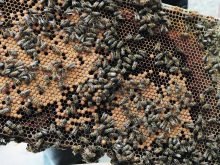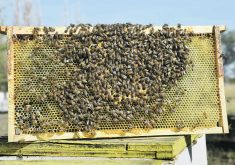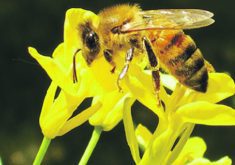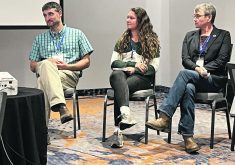RIDGETOWN, Ont. — Ontario could become the first jurisdiction in North America to limit neonicotinoid seed treatment use if the province’s agriculture minister holds to a statement issued last week.
“Our intention is to move away from the widespread, indiscriminate use of neonicotinoid-based pesticides,” Jeff Leal said.
“It is my intention that we will consult and develop practical solutions between now and the 2015 planting season. Any decisions related to implementation would not be made until this first process is complete and to allow time for industry to appropriately plan and transition.”
Read Also
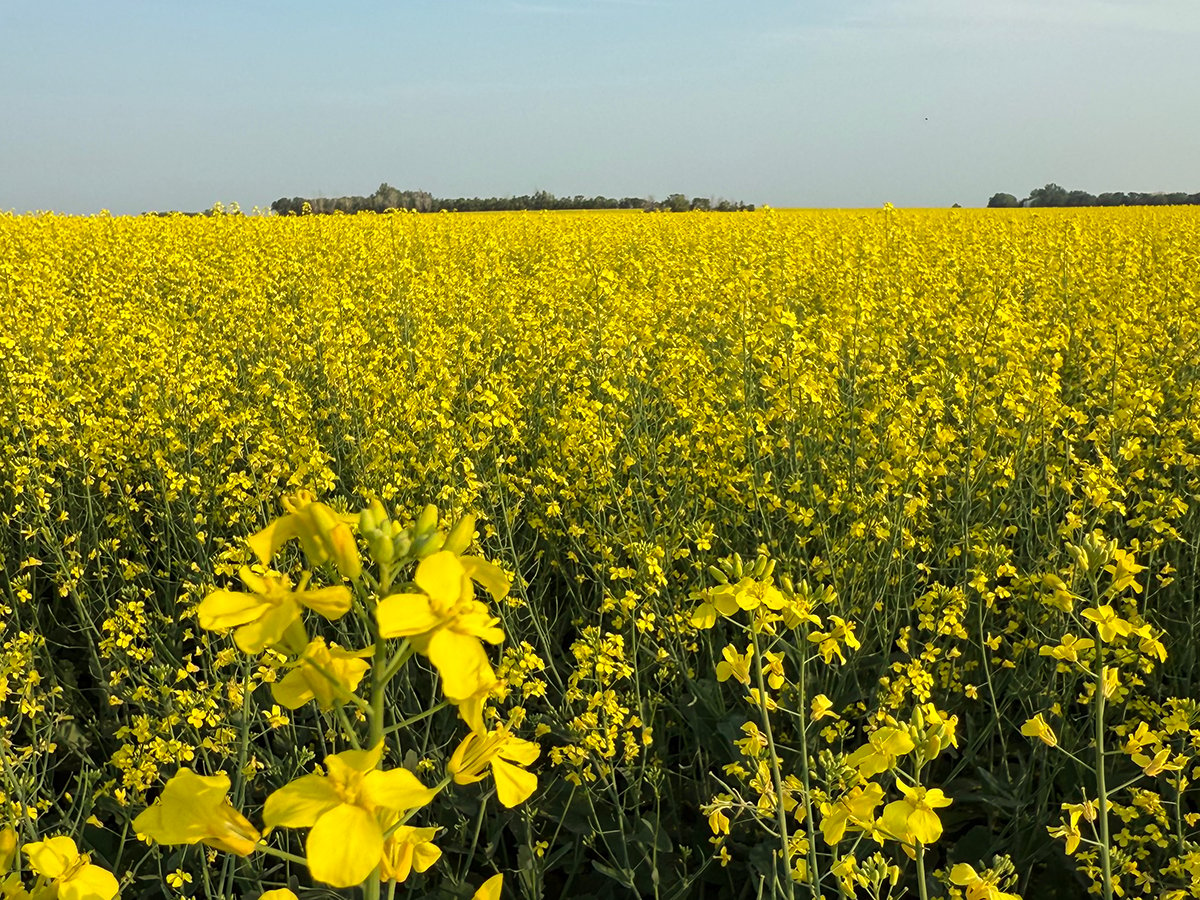
Canola support gets mixed response
A series of canola industry support measures announced by the federal government are being met with mixed reviews.
Mark Cripps with Leal’s office said a forum to discuss possible options is likely to take place this fall. While Ontario cannot ban pesticides — that’s the purview of the federal Pest Management Regulatory Agency — legislative measures can be taken to limit them, he said.
Reaction was swift.
“The effort and leadership grain farmers have demonstrated on this issue has been second to none, and to have this discounted with such a rash move and announcement through the media, is frankly insulting,” Grain Farmers of Ontario president Henry Van Ankum told the Globe and Mail July 7.
“Farmers across the countryside have modified their equipment, are participating in field trials, are using the new mandatory fluency agent … and have forged good open communications with many beekeepers. We have a lot to share with minister Leal and have not yet had the opportunity.”
The Ontario Beekeeper’s Association applauded Leal’s plan to restrict the seed treatment insecticides. The organization cites studies, including the controversial study by Dr. Alex Lu at the Harvard School of Public Health that connects the chemicals to colony collapse disorder, showing they harm pollinators.
There were also numerous bee kills reported around the time corn was planted in Ontario in 2012 and 2013. The PMRA cites the seed treatments as the likely cause.
Earlier this year, the OBA backed away from its call for an outright ban on neonicotinoid seed treatments.
Instead it wants seed to be delivered untreated. At that point, if farmers can demonstrate they need the seed treatment, they pay for the privilege.
“The usage needs to be cut back. It only needs to be used on 10 to 20 percent of the corn acres in Ontario (according to agriculture ministry specialists). Why are we using it on 100 percent of the corn acres, or close to it?” said OBA president Dan Davidson.
Tracey Baute, a field crop entomologist with the Ontario Ministry of Agriculture, said neonicotinoid seed treatment benefits vary depending on the crop and insect pests. With corn, anywhere from 10 to 30 percent of the acreage faces the risk of grub and wireworm damage if no insecticide is used.
Neonicotinoids are the most widely used insecticide in North America. Close to 100 percent of corn, soybean and canola seed is treated and the chemicals are a common management tool for many horticultural crops.
The European Union has a moratorium on neonicotinoid use. Their registration is under review by both the U.S. Environmental Protection Agency and Canada’s PMRA.

